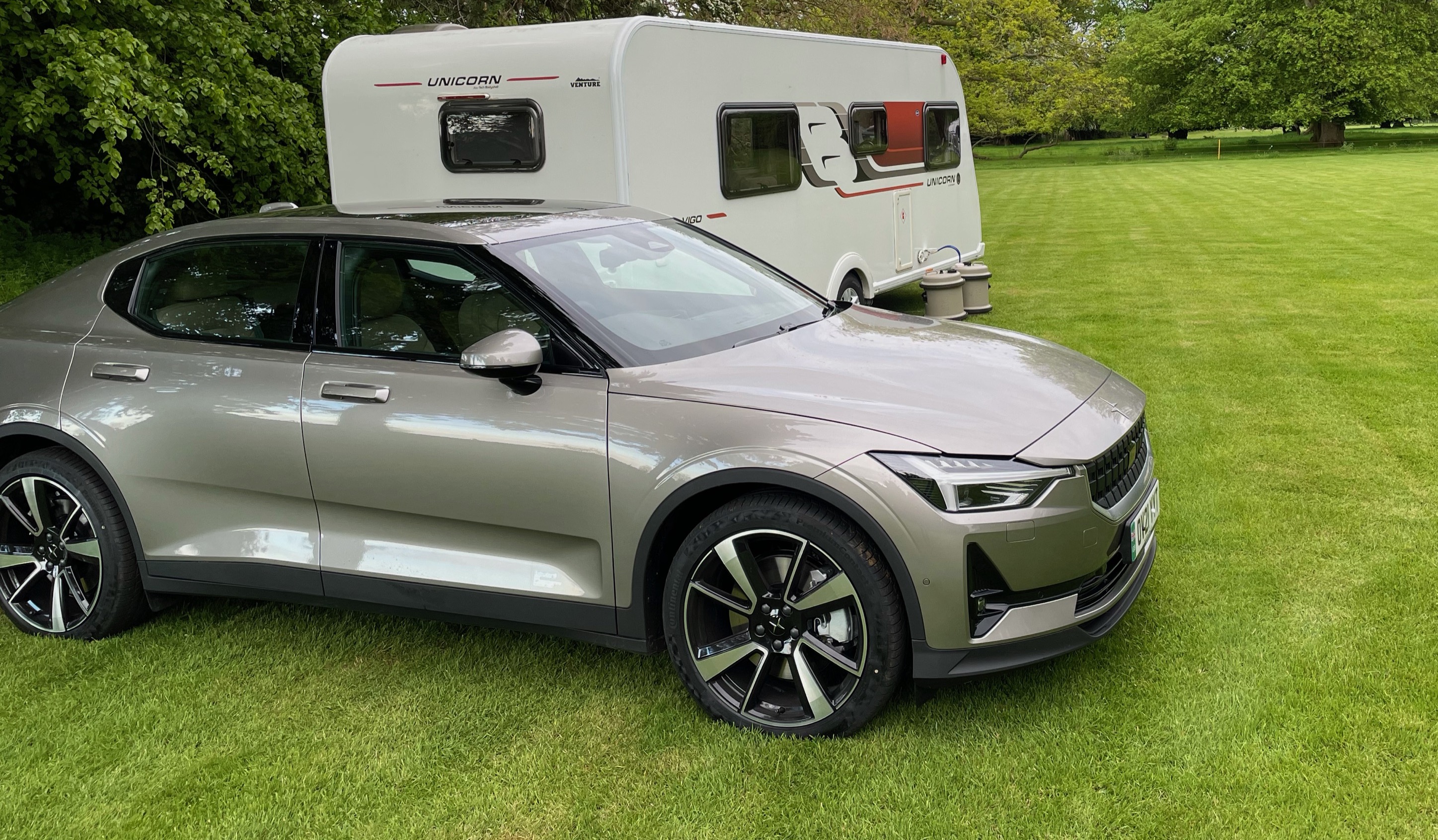munro21 replied on 14/05/2024 11:01
Posted on 14/05/2024 11:01
Hi all, At the moment I have a Ford Mondeo 2 litre Diesel, it tows well and has good mpg results, 34 on latest trip. But I have started to wonder when the time comes to change which is the better option. Diesels pull well but every day drive to and from work is only 10 miles a day, so I am being to wonder what the alternatives are. If any body had any throughs i would be grateful, makes diesel petrol or hybrid. Many thanks.








munro21
Caravanner